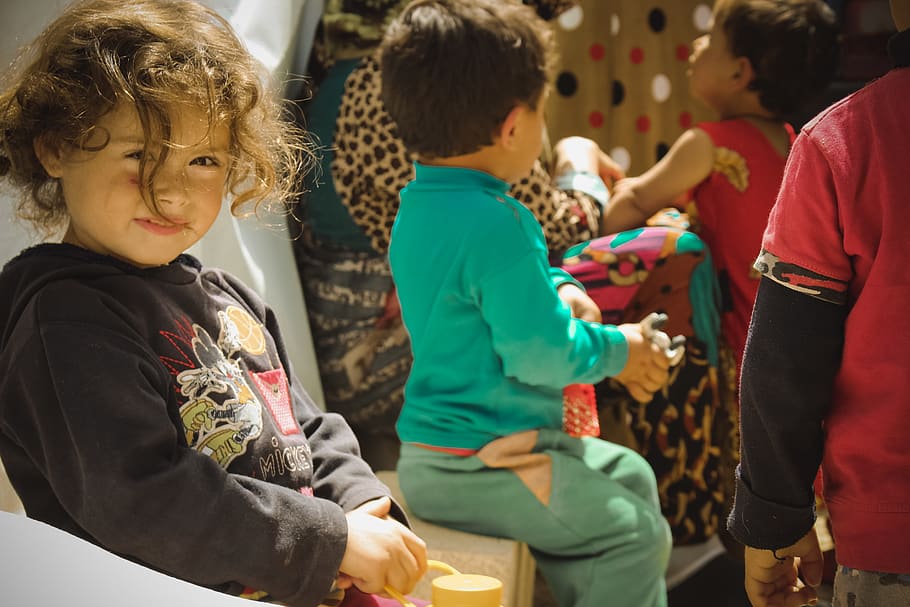
Coronavirus (Covid-19), which has drastically shaped the landscape of the world as we know it, has shown that it will not dissipate easily unless everyone comes together in a whole-of-society approach to combat its lethal spread. In order to accomplish this, the most disadvantaged among us need to be included in any governmental response. For Egypt, this means that refugees, asylum-seekers, and failed asylum-seekers must be encompassed.
As of February 2020, The United Nations High Commissioner for Refugees (UNHCR) stated that there are currently 256,632 refugees and asylum-seekers in Egypt from 58 different countries of origin. The majority of these individuals live in densely populated urban spaces, often in informal settlements, and many have pre-existing health conditions from their difficult journeys and current life situations. This puts them at greater risk for Covid-19 complications. It is, therefore, of great interest to the larger public health that these individuals not be forgotten in any government plan.
Thankfully, Egypt has a strong legal framework for including these aforementioned populations in their public healthcare system. What is critical in the upcoming days and weeks is that this framework is utilized to the best of its ability during Egypt’s response to Covid-19.
Egypt’s Legal Framework
In a year and a half long research project undertaken by the Center for Migration and Refugee Studies (CMRS) at the American University in Cairo, a vast array of legal entitlements were mapped under international, regional, bilateral, and domestic law. Chief among these is the access to health.
It is important to note that the right to health in its sectors is closely intertwined with the fulfillment of other basic entitlements, like housing and employment. If there is a lack of sufficient shelter or an inability to work, this can increase the likelihood of complications or physical distress. As many at-risk populations in Egypt struggle to find decent work or have recently lost their source of income due to the closing of many sources of said income, like restaurants and cafes, their health, as well as the health of those around them, is put in jeopardy as they are no longer able to afford sufficient food or pay for their medication in the case they suffer from a pre-existing condition.
The understanding of ‘health’ rights can be broken down into three main categories: the right to health insurance, the right to enjoy the highest attainable standard of physical and mental health, and the right to access medical services without discrimination.
Under domestic law, namely, the Egyptian Constitution, it is stated that only citizens have the right to social security and comprehensive healthcare. It is included, however, in Article 18 that, “denying any form of medical treatment to any human in an emergency or life-threatening situations is a crime.” This means that also refugees, asylum-seekers, regular and irregular migrants are also entitled to medical treatment in emergency situations and cannot be turned away at public hospitals or clinics.
In addition, through cooperation between the Ministry of Health and Population (MoHP) and UNHCR, refugees and asylum-seekers have access to public primary, secondary, and emergency health care equal to that of Egyptian citizens. This cooperation will be extremely important in combating the spread of Covid-19 within Egypt.
Disparities in Practice
While the Egyptian Constitution says that no one can be turned away from accessing emergency medical services and the cooperation between the MoHP and UNHCR has helped mainstream how refugees and asylum-seekers access health services in Egypt, many refugees, asylum-seekers, and failed asylum-seekers still face disparities between the law and practice.
After talking with nine different refugee communities in Cairo: Eritrean, Ethiopian, Iraqi, Palestinian-Syrian, Somali, South Sudanese, Sudanese, Syrian, and Yemeni, CMRS was offered insight into problems these different communities are facing. Issues include finding out how and where to access help for health-related needs, the low quality of services in public hospitals, encountering racism and discrimination- especially amongst the African refugee communities- and being turned away in some emergency cases because of a lack of available beds, a serious problem which has been documented, previously.
Failed asylum-seekers also noted that even in emergency situations, they felt fearful trying to access emergency services because of their legal status, in the case somebody checks their paperwork and sees they have no valid ID or residence permit. This puts them at risk of deportation back to their country of origin, and often, unsafe living situations.
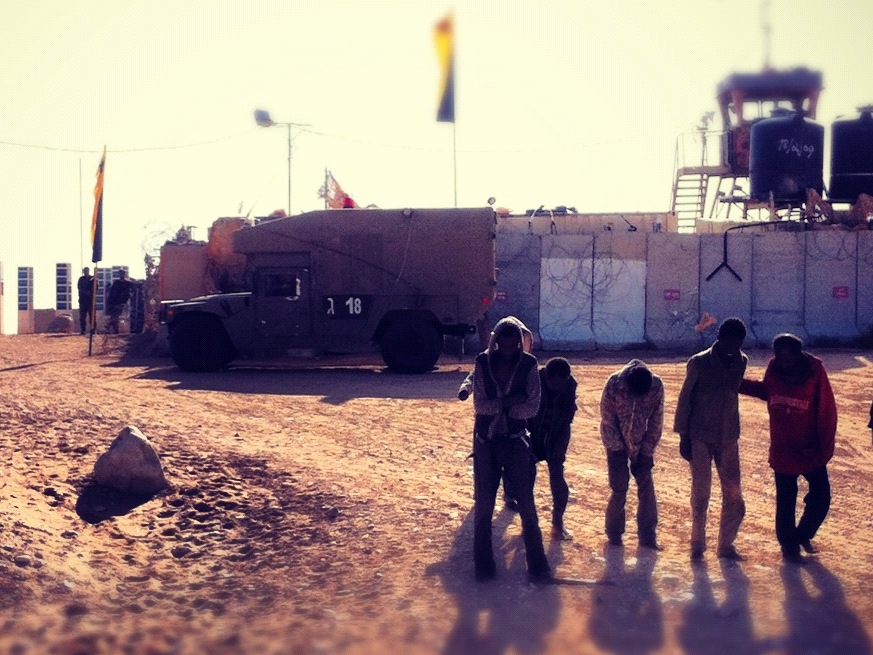
Of course, it is not without mention that many Egyptian citizens also face difficulties in accessibility and quality of services, and these situations are not unique to migrant populations, but a general issue of the Egyptian health sector. The difficulty in the approach of including all vulnerable populations is if a state lacks the necessary resources to actually implement their legal obligations and cannot provide the services individuals should be entitled to. It is, therefore, important that the voices of the marginalized are listened to and not overlooked so Egypt’s response to Covid-19 is beneficial for all who live within its borders.
Inclusion Means Success
In order for Egypt to be successful in its response to the Covid-19 pandemic, it is imperative that all segments of society are included in the governmental approach, especially the most vulnerable. In addition, all people accessing emergency healthcare services should be treated as equals, regardless of their ethnic, religious, or legal background.
In the region, Egypt stands out with its expansive framework for refugees and migrants. In theory, it provides these populations with more entitlements than other refugee-hosting countries, especially with regards to healthcare. If these laws are followed, Egypt’s plan for combating Covid-19 will be successfully all-encompassing.
*The opinions and ideas expressed in this article do not reflect the views of Egyptian Streets’ editorial team. To submit an opinion article, please email [email protected].

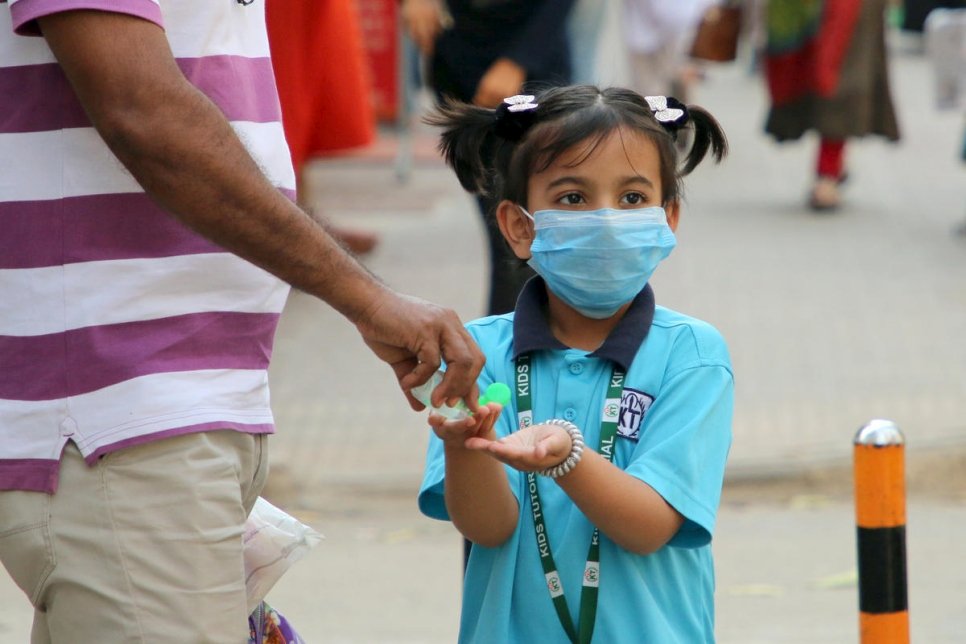


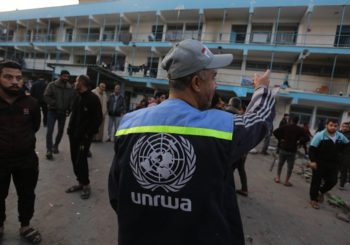

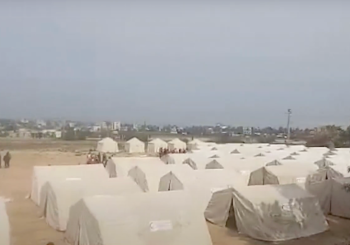
Comments (0)